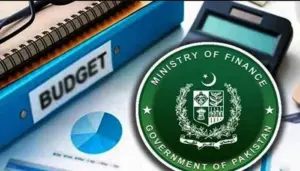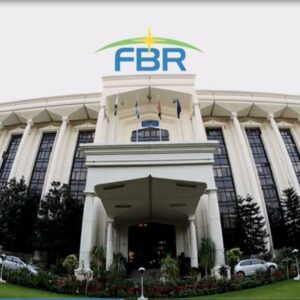World Bank urges Pakistan to adapt unified GST collection agency

World Bank urges Pakistan to adapt unified GST collection agency
ISLAMABAD: The World Bank has issued recommendations to Pakistan, urging the adoption of a national fiscal policy aligning federal and provincial spending with constitutional mandates. This call includes the merging of various federal and provincial revenue agencies into a single entity for general sales tax (GST) collection. Furthermore, the World Bank advocates for effective taxation of agriculture, capital gains, and real estate in the upcoming fiscal year’s budget.
In its latest policy advice, the World Bank specifically emphasizes the implementation of new Fiscal Responsibility and Debt Limitation Acts (FDRLA) at both federal and provincial levels. This includes the development and execution of a national medium-term fiscal framework through the FY25 budget process.
These recommendations are expected to be incorporated into the next International Monetary Fund (IMF) program, which Finance Minister Muhammad Aurangzeb will discuss with the IMF next week during the World Bank-IMF spring meetings in Washington.
The World Bank stresses tangible progress on GST harmonization across the federation and its units, including the rollout of the GST portal and rate harmonization to facilitate tax compliance and the provision of input tax credits. Additionally, it suggests consolidating all GST collection responsibilities into a single agency to reduce administrative complexity.
Furthermore, the World Bank urges decisive actions to mobilize revenues from underutilized sources, such as urban immovable property tax, agricultural income tax, and capital gains taxes. It highlights the need to streamline tax collection systems, reduce exemptions, and unify tax rates to achieve a tax-to-GDP ratio of 15 per cent in five years.
The Planning Commission has already formulated a national planning framework, aligning with the recommendations of the 7th National Finance Commission Award and the 18th constitutional amendment. This framework aims to enhance federal and provincial synergy for balanced development and regional equity, reflecting the constitutional responsibilities and roles of both levels of government.





